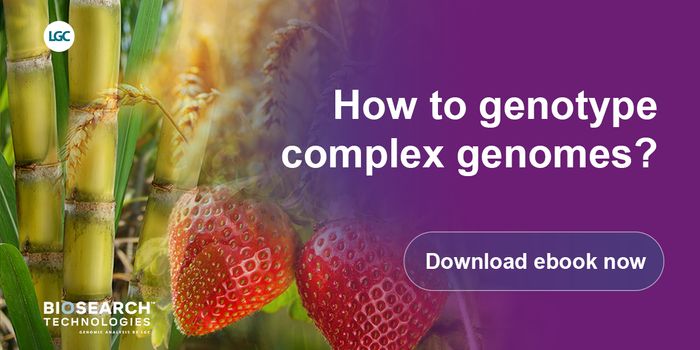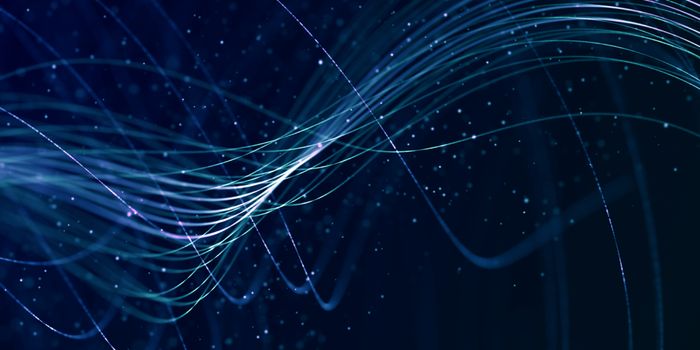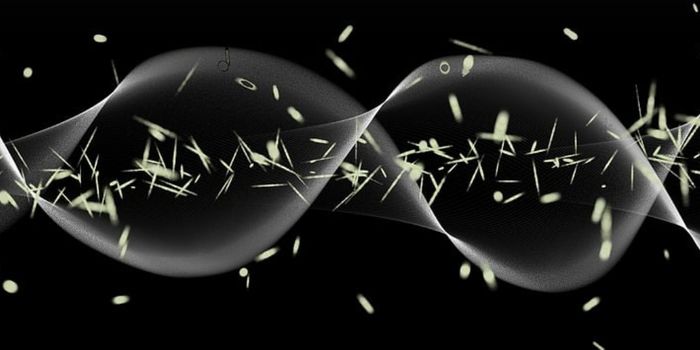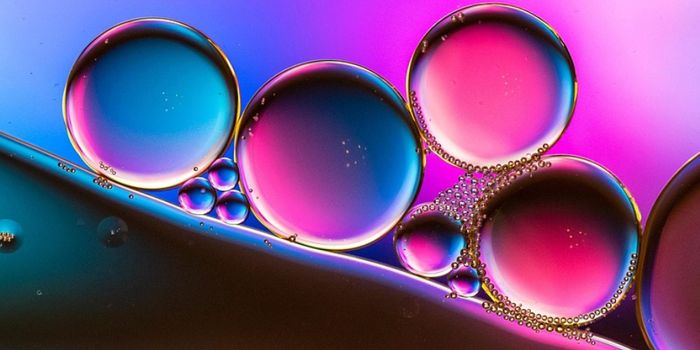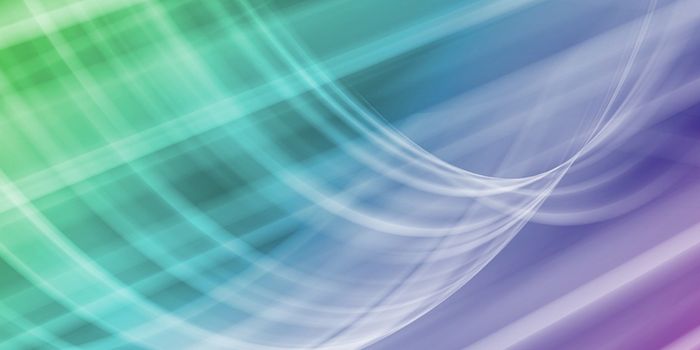Genetic Mutations Carried Only in Sperm May Affect a Child's Risk of Autism
Scientists are still trying to figure out the physiological basis of many mental disorders, including autism spectrum disorder (ASD); these disorders can also be quite complex and may result from a combination of genetic and environmental factors. The role of genetics might also be subtle, with very small changes in several genes making a contribution. In some cases, those changes might also arise spontaneously in children, instead of being inherited from a parent's DNA. Genetic mutations are called de novo when they arise spontaneously in a fertilized egg, or when they are only present in the sperm of a father or egg of a mother.
Researchers have suggested that some genetic factors that contribute to ASD may involve mutations that are present only in a father's sperm, and that assessing genetic mutations in sperm may provide insight into the risk of ASD in children. A new study investigating this idea has been reported in Nature Medicine.
"Autism afflicts one in 59 children and we know that a significant portion is caused by these de novo DNA mutations, yet we are still blind to when and where these mutations will occur," said a co-senior study author Jonathan Sebat, Ph.D., professor and chief of the Beyster Center for Molecular Genomics of Neuropsychiatric Diseases at the University of California San Diego (UCSD) School of Medicine. "With our new study, we can trace some of these mutations back to the father, and we can directly assess the risk of these same mutations occurring again in future children."
De novo mutations that have a negative impact on function are thought to play a role in about ten to thirty percent of individuals with ASD. As a father grows older, more of those mutations appear. Research has suggested that sperm is a significant source of these mutations, and there may be a one to three percent chance of such a mutation recurring in the same family.
"However, such estimates are not based on actual knowledge of the risk in an individual family, but instead are based on frequencies in the general population," noted co-senior study author Joseph Gleeson, M.D., Rady Professor of Neuroscience at UCSD School of Medicine and director of neuroscience research at the Rady Children's Institute for Genomic Medicine. "When a disease-causing mutation occurs for the first time in a family, the probability that it could happen again in future offspring is not known. Thus families must make a decision with a great deal of uncertainty."
In this work, the researchers assessed sperm from eight dads that are parents of ASD patients; the scientists were looking for DNA that was variable. Mosaicism refers to genetic material that is different but carried by the same person. With sensitive DNA sequencing tools, the scientists identified genetic variants in children that could be found only in the sperm of their fathers.
"While medical textbooks teach us that every cell in the body has an identical copy of DNA, this is fundamentally not correct," noted the first author of the study Martin Breuss, Ph.D., an assistant project scientist in Gleeson's lab. When cells divide, they have to copy the entire genome. While there are cellular processes that repair errors in DNA, they may not catch every one every time. Environmental influences can also impact genes and give rise to mutations. Many of our cells carry small variations in our DNA, some of which may be harmful, while others have no impact.
"Mosaicism can cause cancer or can be silent in the body. If a mutation occurs early in development, then it will be shared by many cells within the body. But if a mutation happens just in sperm, then it can show up in a future child but not cause any disease in the father," added Breuss.
The investigators found that up to fifteen percent of the sperm cells in fathers carried disease-causing mutations. These mutations would not be detectable if they had looked somewhere else, like blood cells.
"My laboratory has a long-standing interest in understanding the origins of pediatric brain disease, and how mutations contributes to disease in a child," said Gleeson. "We previously showed that mosaicism in a child can lead to diseases like epilepsy. Here, we show that mosaicism in one of [the] parents is at least as important when thinking about genetic counseling."
Sources: AAAS/Eurekalert! via UCSD, Nature Medicine


